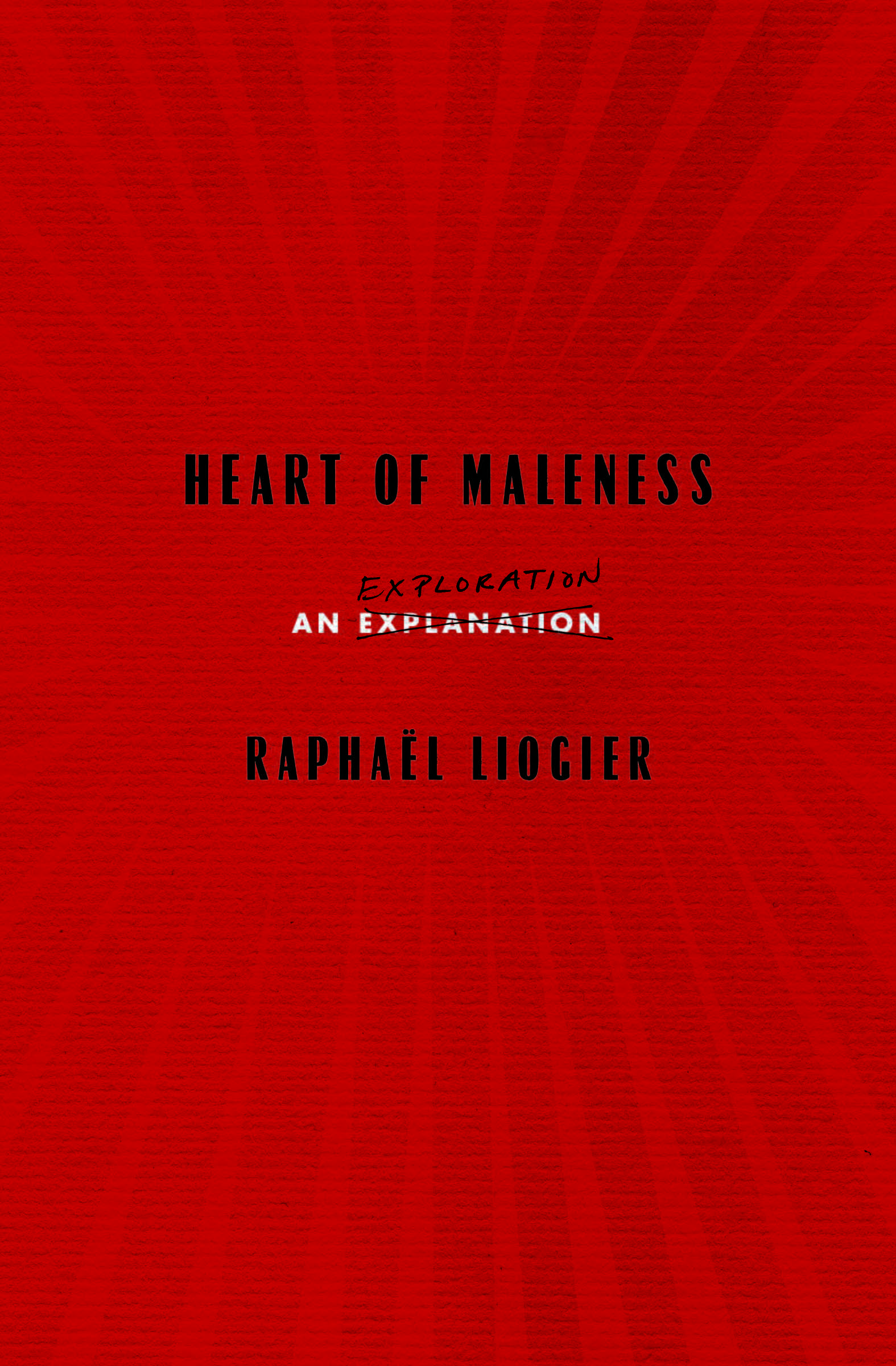So is it the anatomical destiny of women, to borrow Simone de Beauvoir’s expression, that forces them to remain on the sidelines? The appearance of the female body, less musclebound, smaller, less imposing than its male equivalent, constitutes the declared foundation of their inferiority. We must not labor under the illusion that we have rid ourselves of that imagery.
The argument that a woman’s body is naturally more fragile deserves to be given attention only inasmuch as it is still so often brought to bear, if only to justify women’s exclusion from certain professions that demand greater strength (and only, let it be clear, for their good and for the general good of society at large). As if their supposed physical weakness rightly relegated them to the background, or in some secondary status. Even Simone de Beauvoir seems to give credence to at least a part of this thesis. Although Simone de Beauvoir believes that women can—must!—rise up, and that they must certainly confront the power of men, she also feels that they must overcome their more difficult anatomical condition. The feminine body supposedly sacrifices its own proper functioning in the interest of the expected child. Menstrual cycles, for instance, constitute a challenge, a source of fatigue, and at times of extreme bouts of pain that are useless to the organism. The male organism, in contrast, operates on its own behalf, and would therefore seem to be more efficient. The argument itself is frail and fragile: some authors, in opposition to it, bring to bear the observation that the regular loss of blood actually regenerates the organism, which could partly explain women’s greater longevity. Obviously, in the existentialist spirit, women are encouraged to liberate themselves from that biological situation, and write the terms of their own destiny. In order to ensure that their own liberty exists: “One is not born, but rather becomes, a woman.”
The other argument that is often brought up directly concerns heterosexual intercourse, which could not take place, it is pointed out, without an erect penis, a clear expression of male desire. On the other hand, a woman’s body is always, so to speak, open to sexual intercourse, whether she wants it or not, to such an extent that a sleeping woman, such as Sleeping Beauty, or even a dead woman could be the victim of a man’s sexual assault, whereas the reverse would be impossible. This vision of physiological inferiority and of the instinctive primacy of men’s desire devalues feminine desire; which would naturally therefore be contingent in nature, a mere response to masculine desire. In the final analysis, that means considering female consent as somehow also being contingent by its very nature.

Follow us here and subscribe here for all the latest news on how you can keep Thriving.
Stay up to date or catch-up on all our podcasts with Arianna Huffington here.


